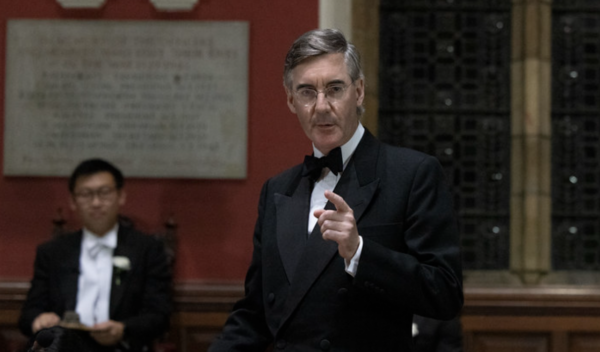Jacob Rees Mogg out. What happens to his bonfire of regulation now?
The Retained EU Law (Revocation and Reform) Bill represents a sweeping threat to the regulations that are designed to protect workers, consumers and the environment. It will also cause chaos for the businesses that are meant to be the main beneficiaries.

In a recent article for the Guardian, George Peretz KC has outlined three problems with Jacob Rees Mogg’s Retained EU Law (Revocation and Reform) Bill:
- Sweeping deregulation. It proposes a radical process of deregulation as European laws are removed from the statute book en masse. This effectively does away with much of the legislation Theresa May had passed, which incorporated retained EU law into British law to avoid a chaotic bonfire of regulation as we left the EU. And will impact a vast range of areas, including consumer rights (like late flight compensation), protection of environmental conservation areas and employment rights.
- Power centralisation. It gives ministers tremendous power, without any scrutiny or oversight, to replace these old EU regulations with “British versions” (or just abolish them outright).
- Chaos. Although the Bill is designed to supposedly support business interests, it will create chaos and poor governance, rather than stability. This will undermine confidence and will likely have a negative impact on business investment in the British economy (which has already been stagnant since the Brexit vote).
Rather than addressing the content of regulation and whether a specific rule is progressive and useful, or not, the legislation is motivated by the xenophobic idea that all rules with an origin in EU law must be bad.
The good news, however, is that the legislation may now be in question. A prominent backer of Boris Johnson and Liz Truss, Jacob Rees Mogg resigned rather than face the chop from new Prime Minister Rishi Sunak. Will Sunak appoint another ludicrously titled “Brexit opportunities Minister” and proceed with this disastrous piece of law-making? If he is genuinely committed to foreclosing on the chaos of the Truss premiership and restoring political stability, then this reactionary legislation, which would put at risk basic elements of UK governance, has got to go.
For a comprehensive analysis we recommend this discussion hosted by Monckton Chambers:
October 25, 2022
Brexit Spotlight is run by Another Europe Is Possible. You can support this work by joining us today. The website is a resource to encourage debate and discussion. Published opinions do not necessarily represent those of Another Europe.





